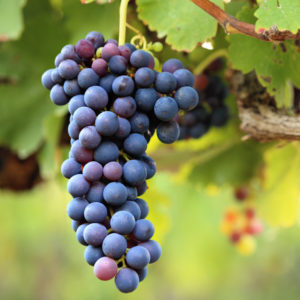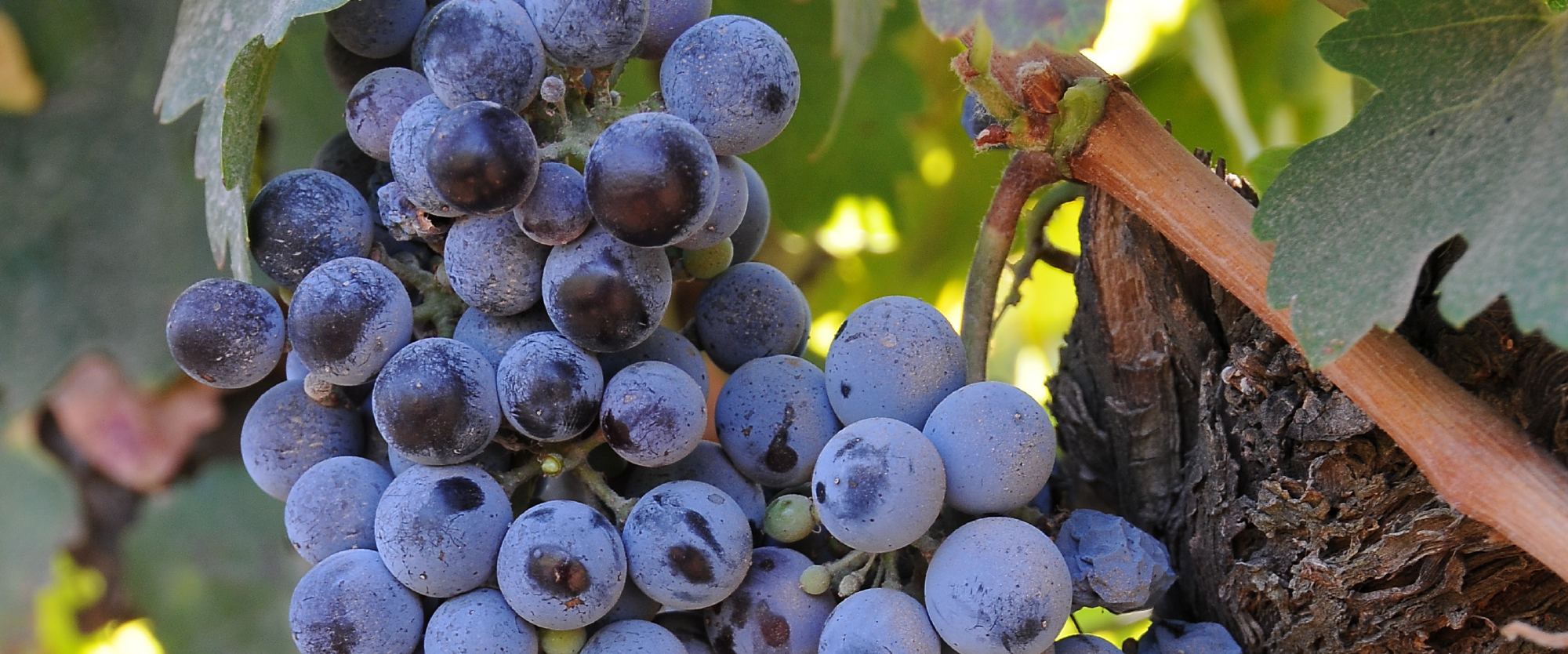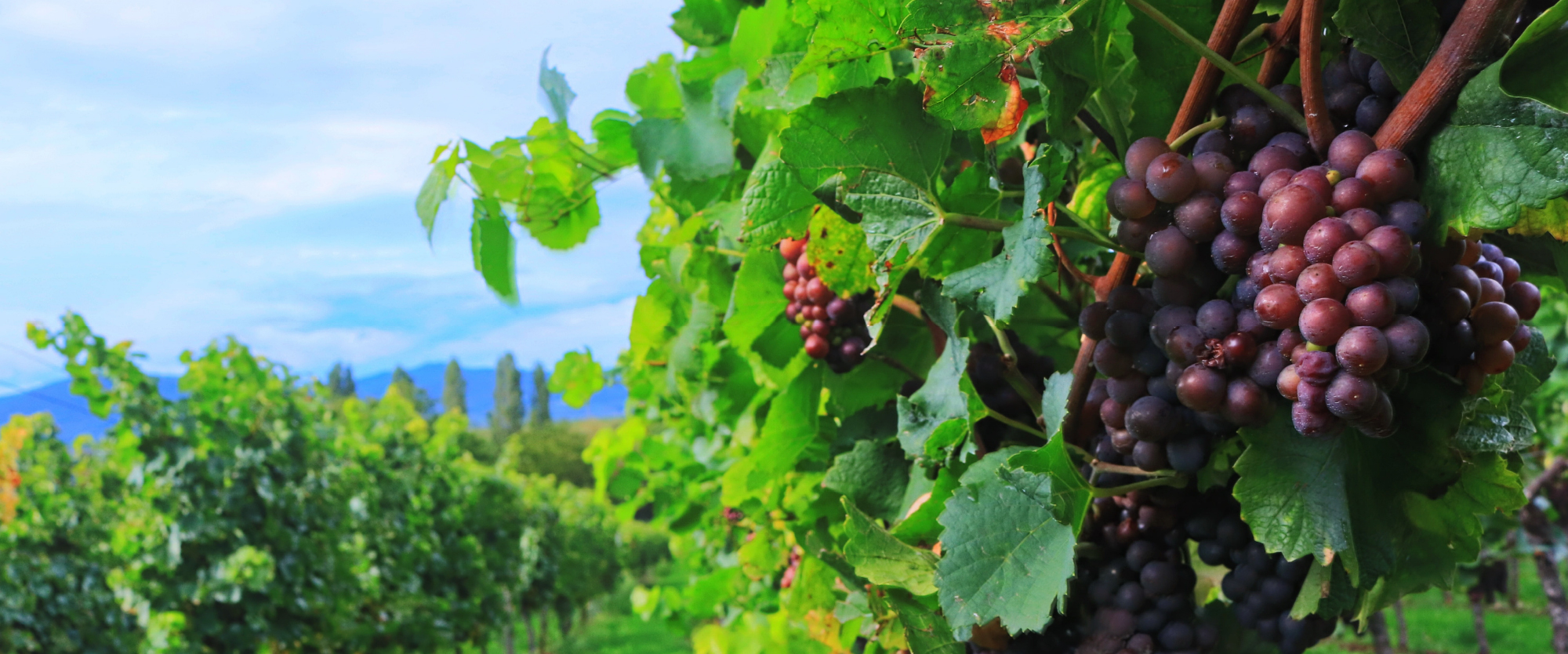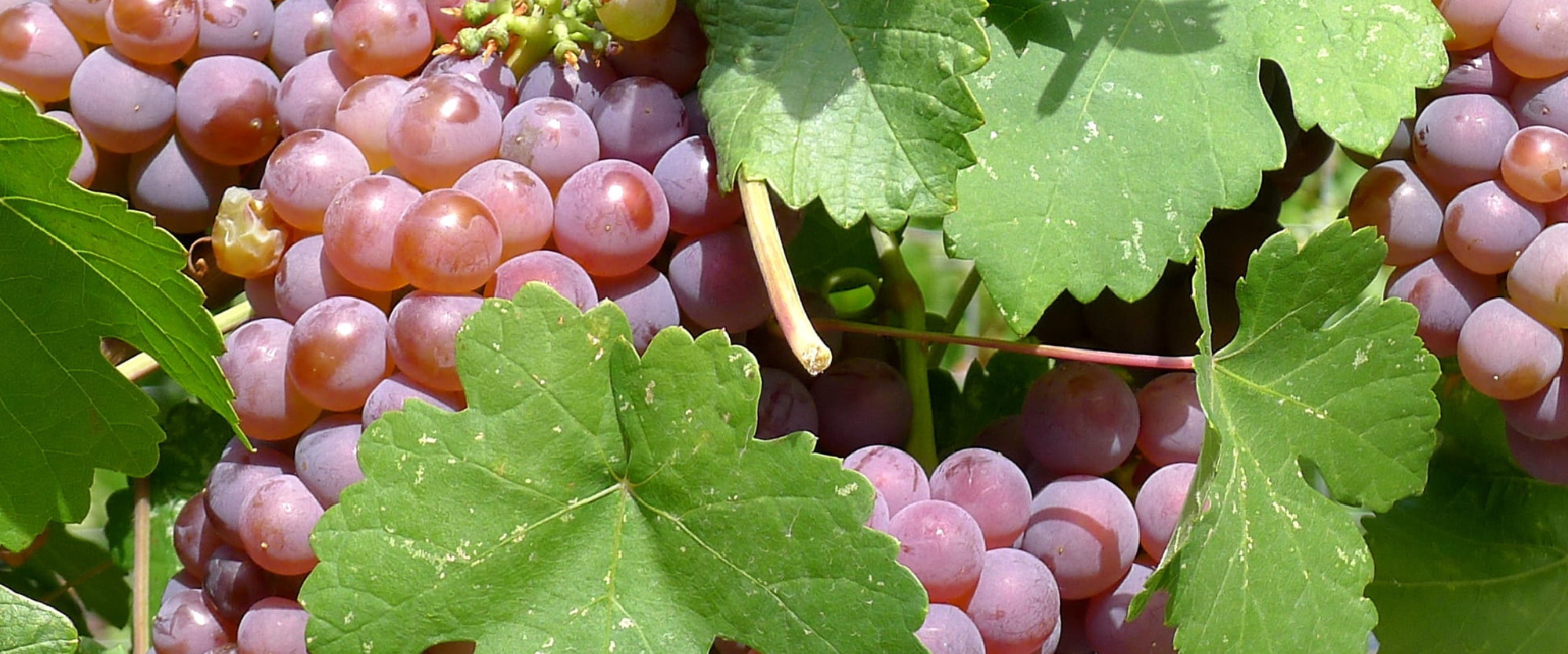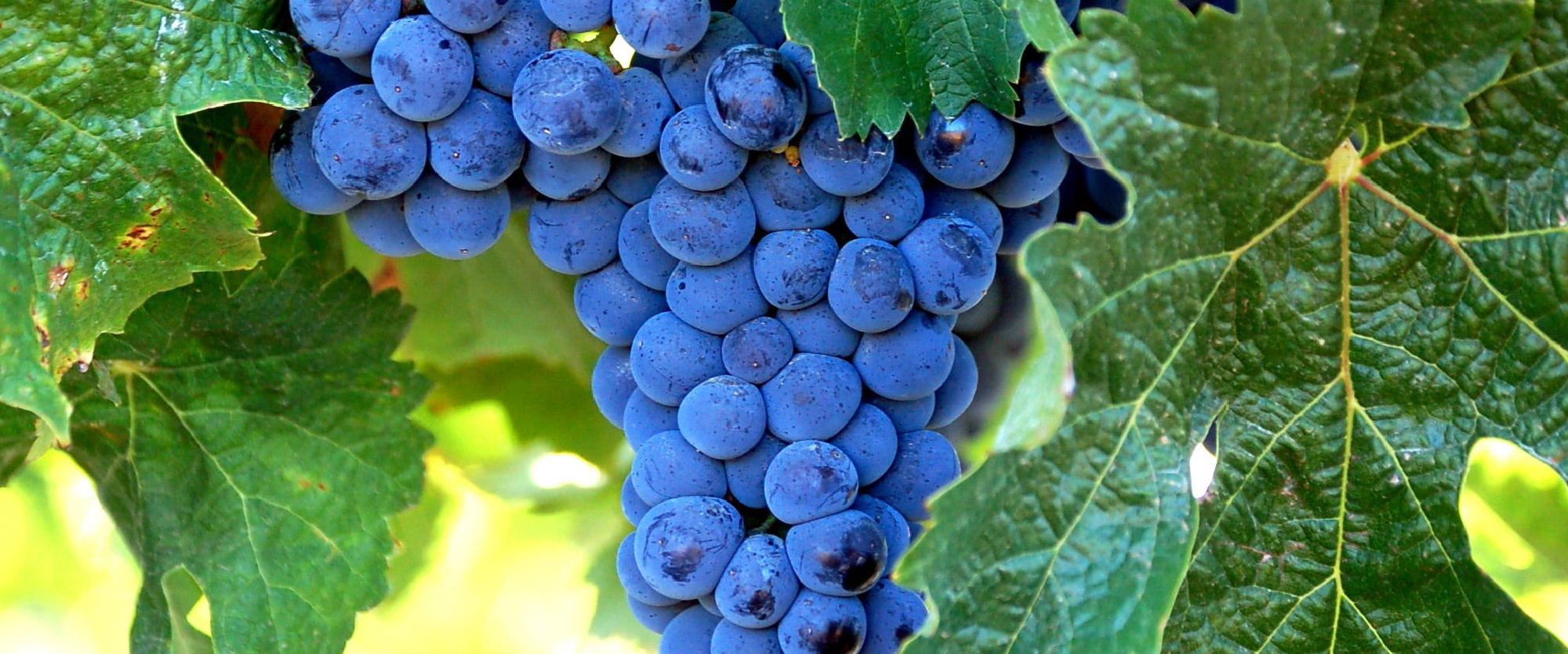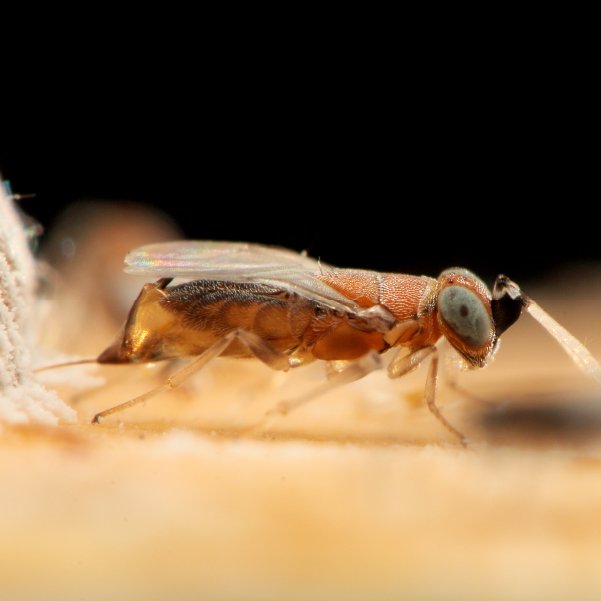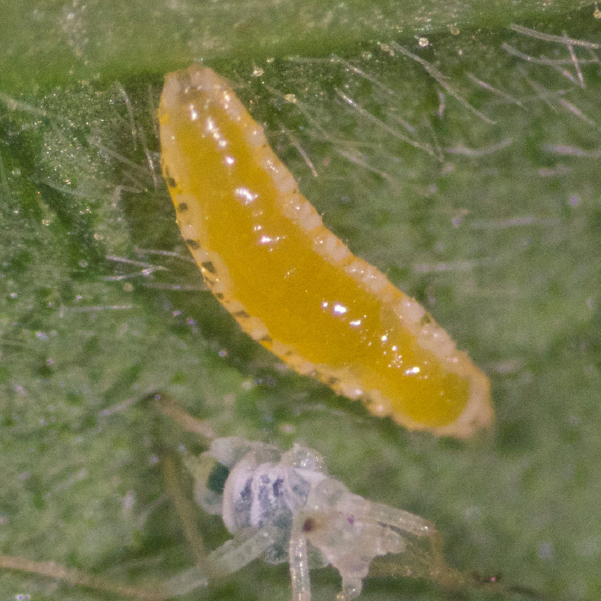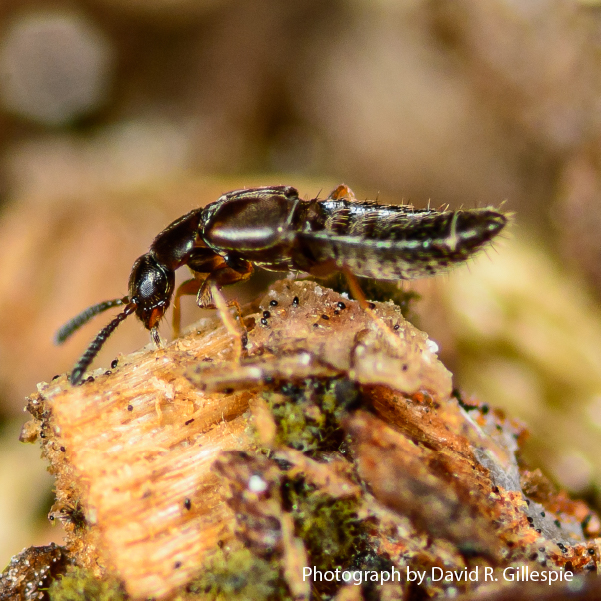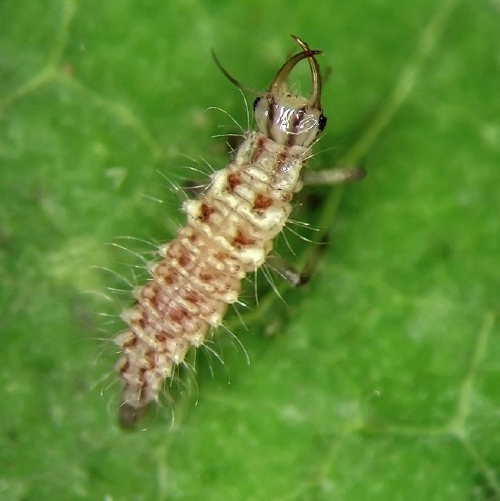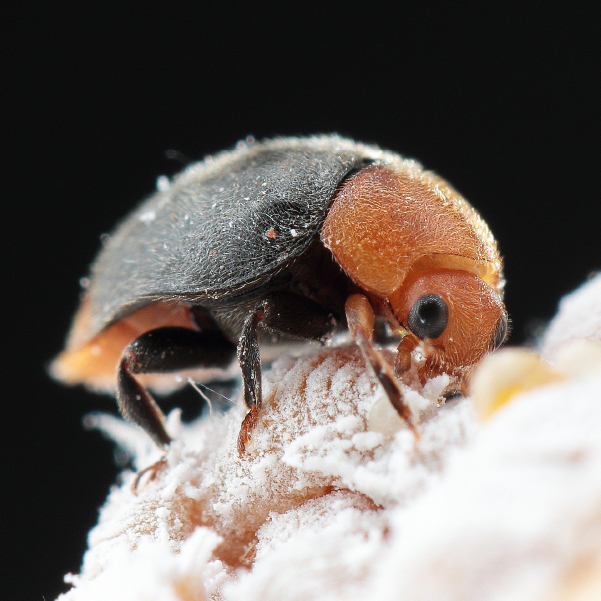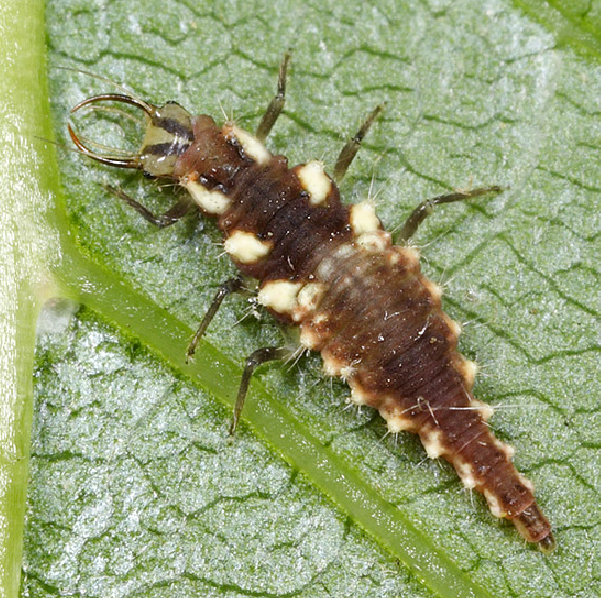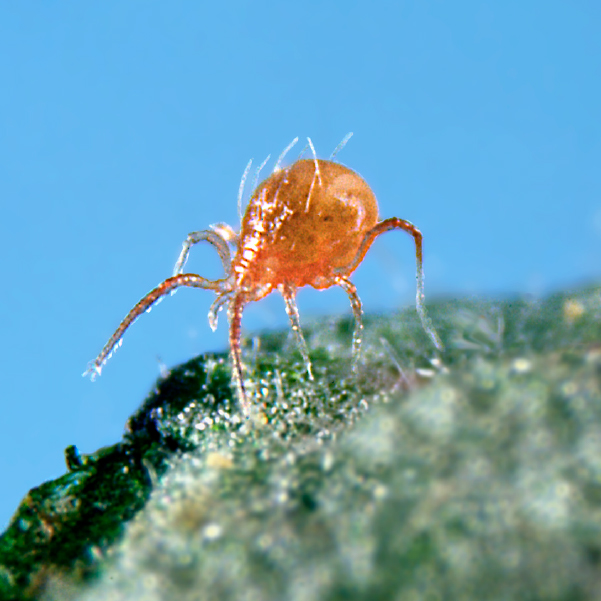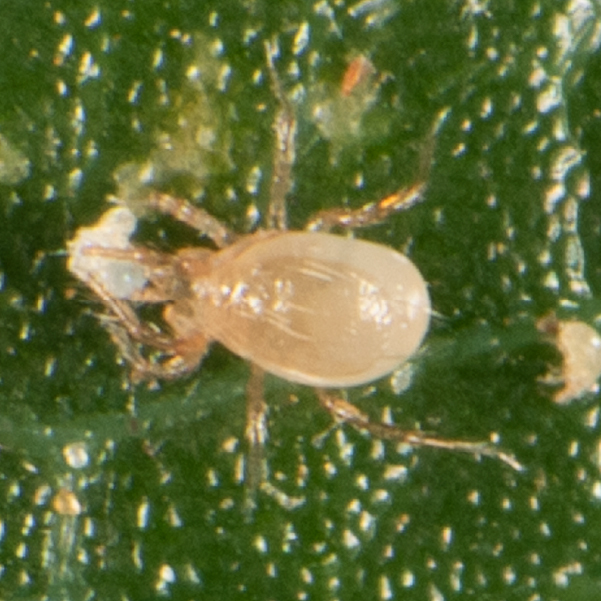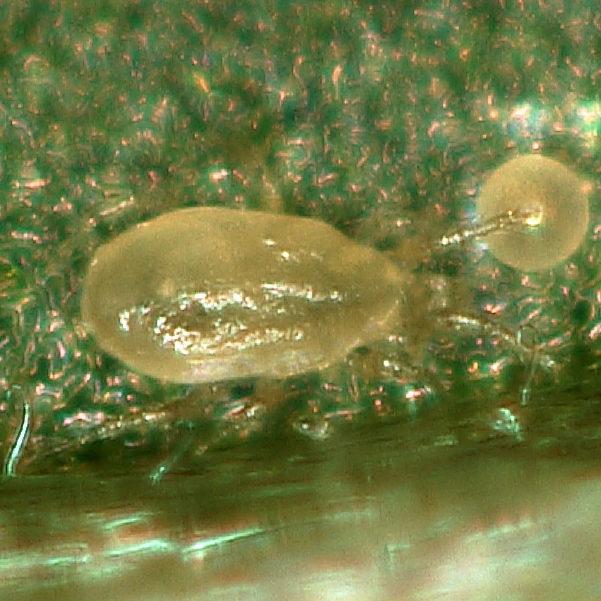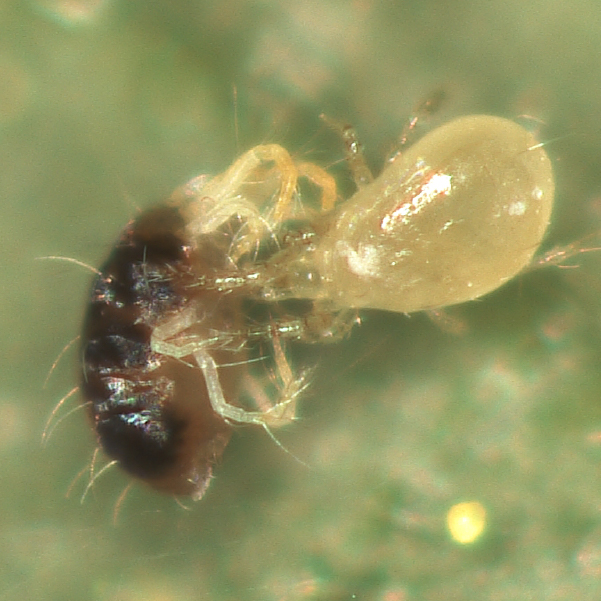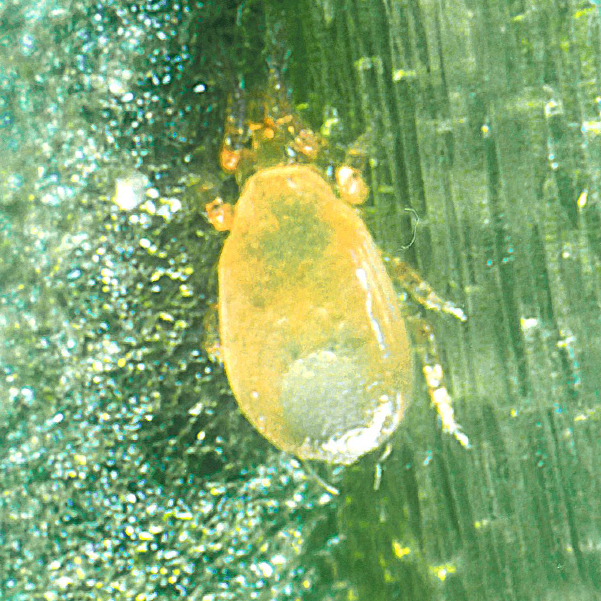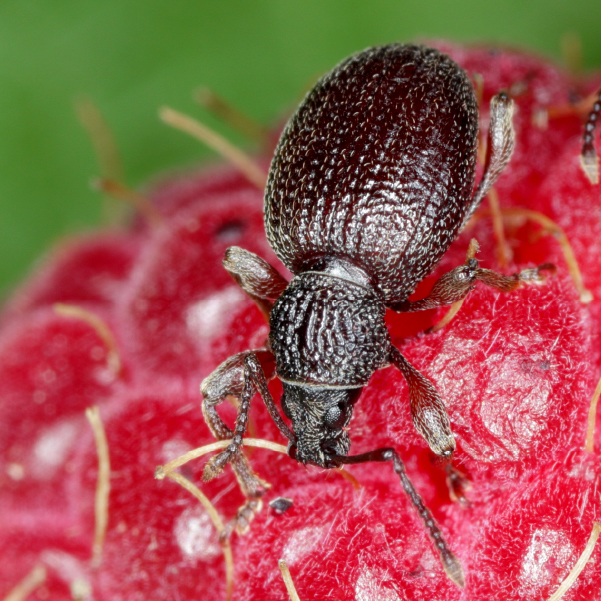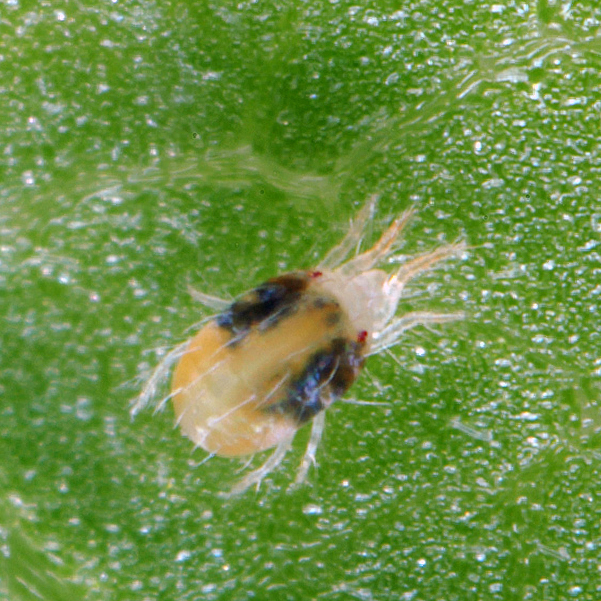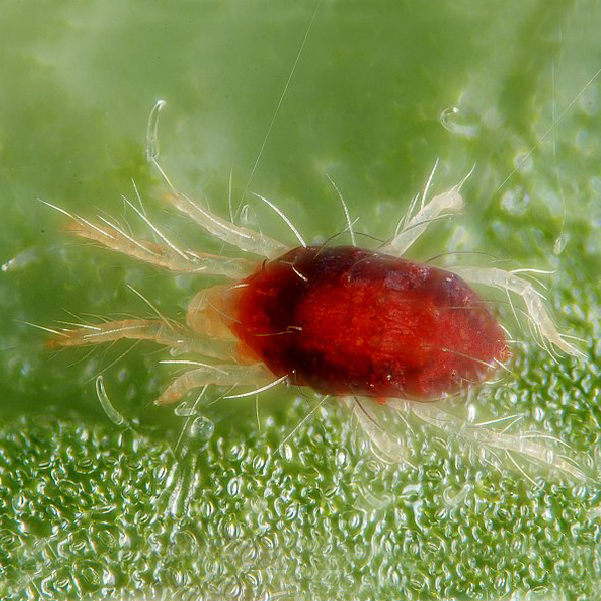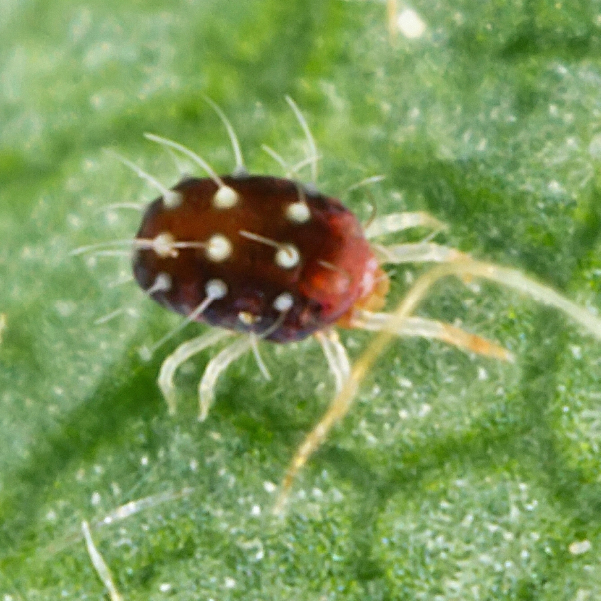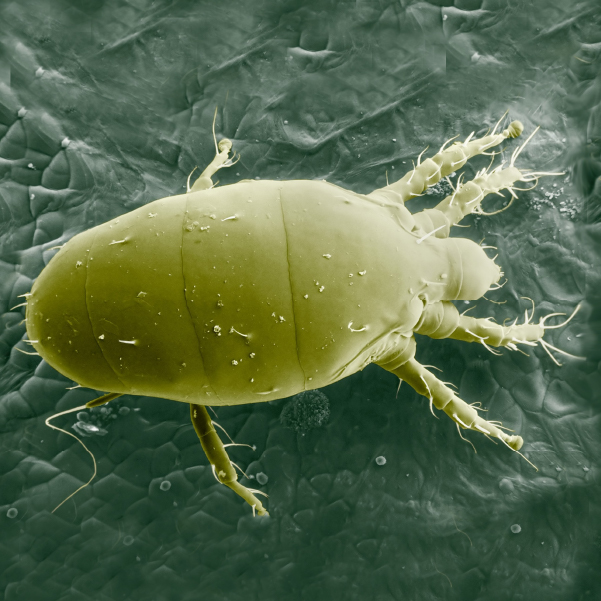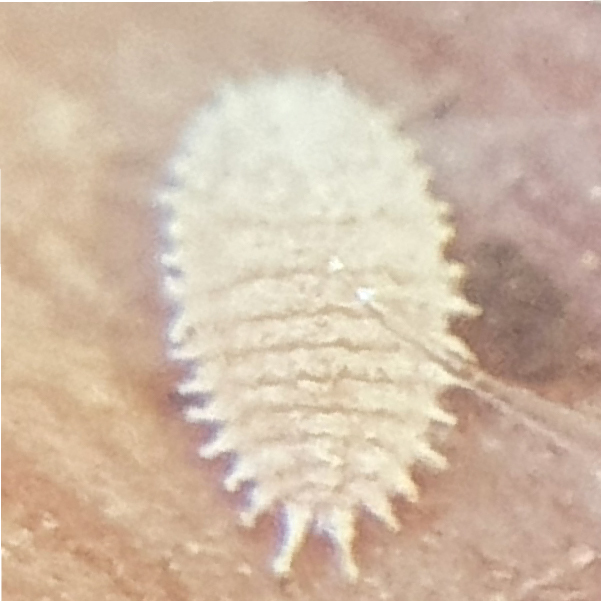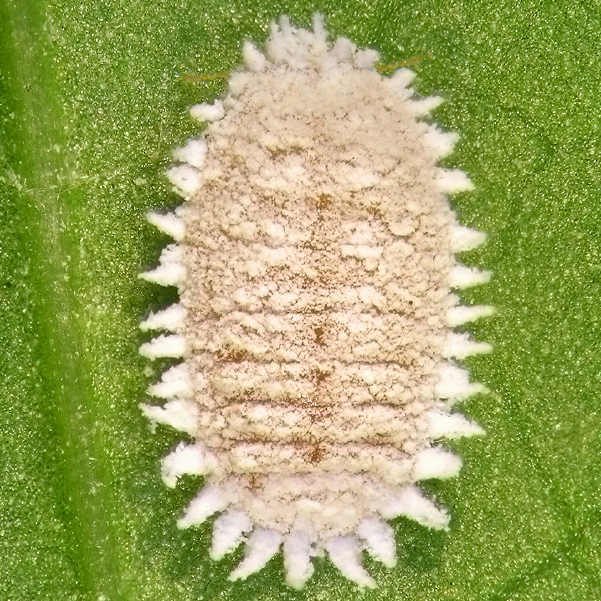A vineyard is a plantation of grape-bearing vines, grown mainly for winemaking, but also raisins, table grapes and non-alcoholic grape juice.
Pests and diseases
BioBee’s approach to IPM is multifaceted, employing multiple strategies to achieve the optimal result. In addition to the gradual release of host-specific beneficial insects, BioBee recommends that growers use selective “soft” chemical pesticides. This strategy helps growers transition from using “harsh” chemicals, which are dangerous to the human population and the environment and have long-lasting residues. It has also been proven to increase marketable crop yield, and as a result, increases profits.
With BioBee, growers meet the strict legislation in Europe, the U.S., Japan and other countries regarding MRLs (maximum residue levels), as well as GAP (Good Agricultural Practices) requirements, including GLOBALGAP (a voluntary standard required by many supermarket chains in Europe). Produce grown with BioBee requires minimal pesticide use.
BioBee’s staff is extensively trained in the IPM method, and works directly with growers to produce a tailor-made IPM program to meet his or her individual needs. This customized program is successfully implemented with the ongoing oversight and guidance of BioBee’s staff.
